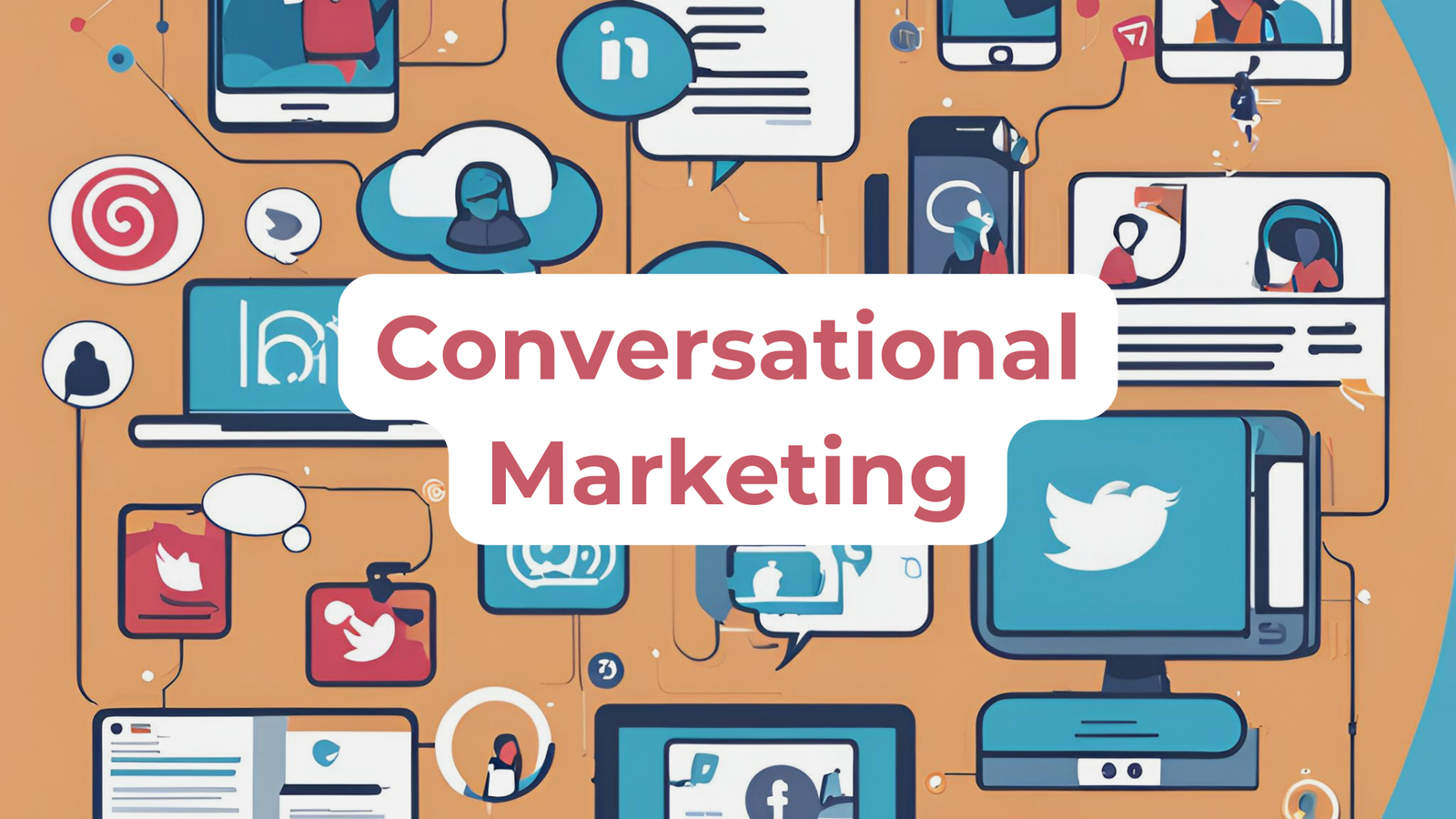Can AI Boost Your Conversational Marketing on Social Media?
As the digital communication landscape continually evolves, conversational marketing powered by AI has become pivotal for enhancing customer engagement across social platforms.
This form of marketing combines cutting-edge technology with the nuances of human interaction to deliver a personalized experience.
This blog explores nine essential AI tools that effectively boost Conversational Marketing on Social Media.
What is AI Used for in Marketing?
Artificial Intelligence (AI) in marketing harnesses advanced algorithms and data analysis to provide insights, automate tasks, and personalize customer interactions.
By analyzing vast amounts of data, AI can identify patterns and predict consumer behavior, enabling marketers to craft strategies that resonate deeply with their target audience.
AI enhances efficiency and effectiveness across various marketing facets, from content distribution and customer service to ad targeting and response analysis.
What is Conversational Marketing?
Conversational marketing is an approach that uses personalized interactions to foster real-time connections and build relationships with consumers.
This strategy leverages chatbots, messaging apps, and other interactive tools to facilitate direct communication in a way that mimics human conversation, thereby improving customer experience and boosting conversion rates.
Difference Between Conversational Marketing vs. Traditional Marketing
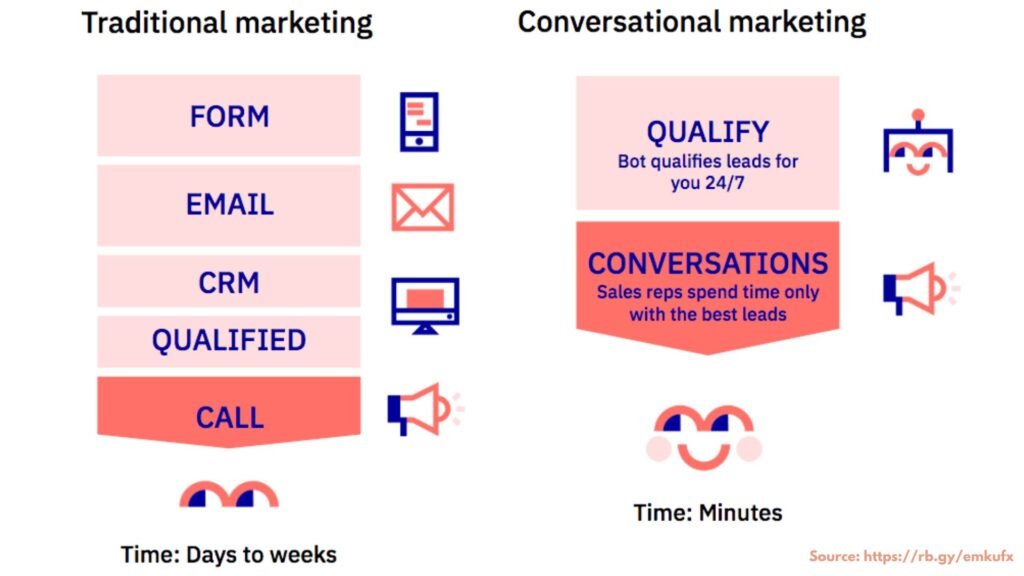
Conversational marketing differs significantly from traditional marketing in several key areas:
Interaction: Conversational marketing is interactive, involving a two-way dialogue with customers. Traditional marketing often involves one-way communication where the business broadcasts to the customer without an immediate response.
Personalization: AI-driven conversational tools tailor interactions to the individual needs and preferences of each customer, whereas traditional marketing often targets broader audiences with a one-size-fits-all message.
Speed and Efficiency: Conversational marketing tools, such as chatbots, provide instant responses and support, contrasting with traditional methods that might involve longer delays (e.g., call centers or email responses).
Data Utilization: Conversational marketing leverages real-time data to enhance interactions and learn from each customer engagement. Traditional marketing relies more on historical data and might not adapt quickly to new information.
Benefits of Using AI Conversational Marketing Tools on Social Media
1. Enhanced Customer Experience: By facilitating instant and personalized interactions, conversational tools improve the overall customer experience, making it more satisfying and efficient.
2. Increased Engagement: These tools keep users engaged with real-time responses and tailored recommendations, significantly enhancing engagement levels across social platforms.
3. Higher Conversion Rates: Personalized conversations can guide potential customers through the sales funnel more effectively, leading to higher conversion rates.
4. Scalability: AI-driven conversational tools can handle thousands of interactions simultaneously, ensuring scalability while maintaining quality customer service.
For example, a retail company implemented ManyChat to manage customer inquiries on Facebook, resulting in a 30% increase in customer satisfaction and a 25% uplift in sales.
1. AI-Powered Chatbots:
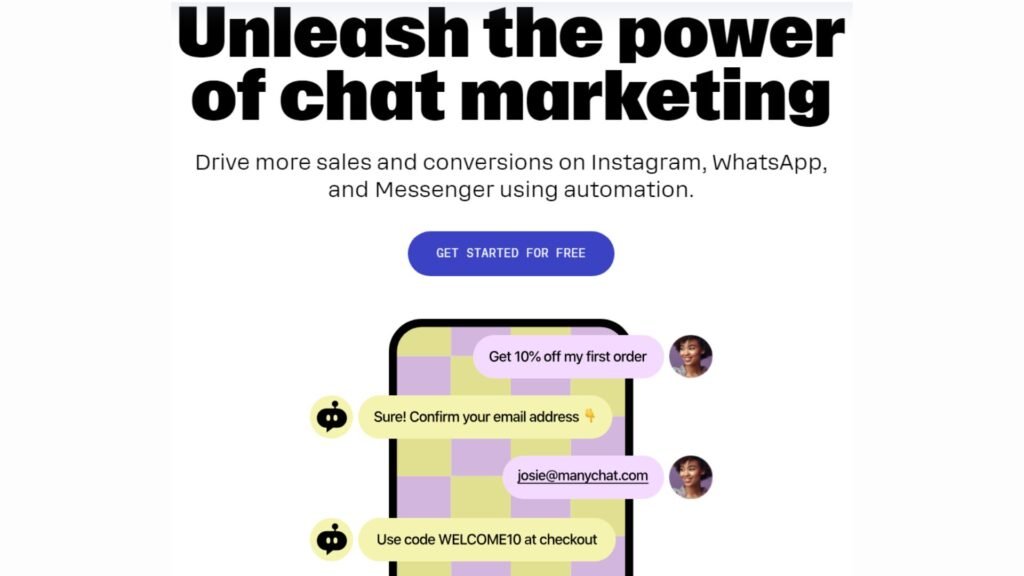
Chatbots like ManyChat and Chatfuel are transforming customer service by handling inquiries and processing transactions autonomously. These AI chatbots for customer engagement provide real-time responses, ensuring 24/7 customer service without the need for human presence.
By automating routine tasks, they allow businesses to scale their operations and focus on more complex customer needs.
Moreover, AI AI chatbots for businesses can learn from interactions to improve their responses, making each customer interaction smoother and more efficient.
2. AI-Language Models:

GPT-3, developed by OpenAI, is a state-of-the-art language processing AI that understands and generates human-like text based on the input it receives.
This tool creates dynamic conversational agents that engage in meaningful dialogue, provide relevant information, and drive conversions with personalized recommendations.
Businesses use GPT-3 to power customer service bots, generate content, and facilitate deeper interactions with users, enhancing overall engagement on social platforms.
3. Voice-Activated Interfaces:

Voice-activated AI tools like Google Assistant and Amazon Alexa offer users a hands-free way to interact with social media platforms.
These tools are perfect for integrating into devices where typing is inconvenient, providing a seamless user experience.
Voice technology enhances accessibility and personalization by adapting to individual speech patterns and preferences, making interactions more natural and engaging.
4. Sentiment Analysis Tools:

Brandwatch and MonkeyLearn employ AI to analyze the sentiments expressed in social media conversations. These tools scan text for emotional cues to determine whether the sentiment is positive, negative, or neutral.
This technology enables businesses to gauge public reaction to products, campaigns, or services, allowing for real-time adjustments in strategy.
Additionally, understanding customer sentiments helps in crisis management and in building stronger, empathy-based customer relationships.
5. Predictive Customer Engagement Tools:
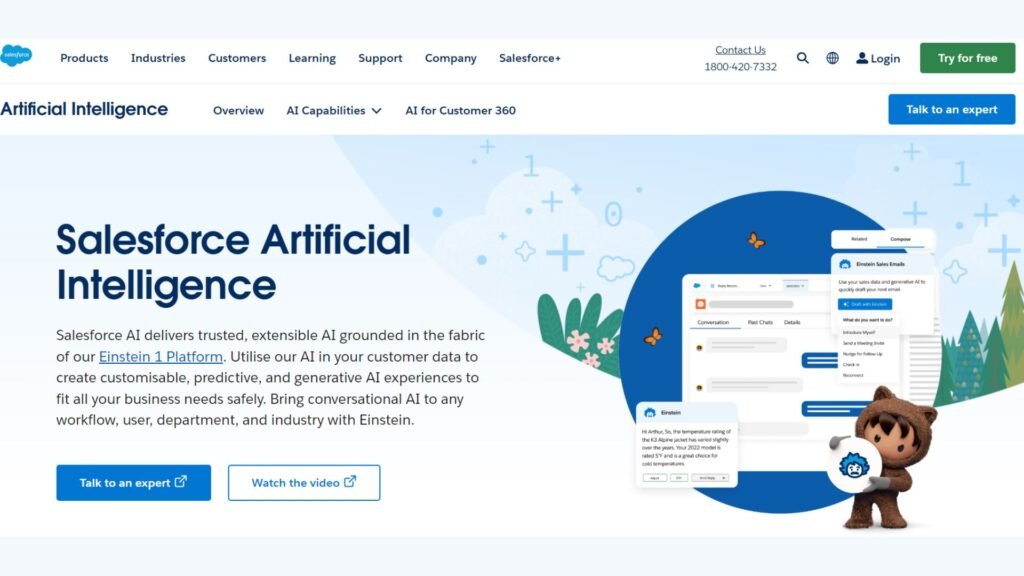
Salesforce Einstein is a predictive analytics tool that uses AI to forecast customer behavior based on past interactions.
By predicting future actions, businesses can proactively engage customers with personalized content and offers, potentially increasing sales and customer loyalty.
This AI tool is particularly effective in identifying high-value prospects and suggesting optimal times for contact, thus maximizing the impact of marketing efforts.
6. AI-Based Personalization Platforms:

Adobe Experience Cloud leverages AI to tailor marketing strategies to individual user preferences and behavior, gathered from their interactions across different digital platforms.
This deep level of personalization ensures that customers receive relevant and engaging content, which can improve user satisfaction and conversion rates.
Personalization engines analyze data points to create unique user profiles, which are then used to customize everything from product recommendations to personalized emails.
7. Image and Video Recognition Tools:
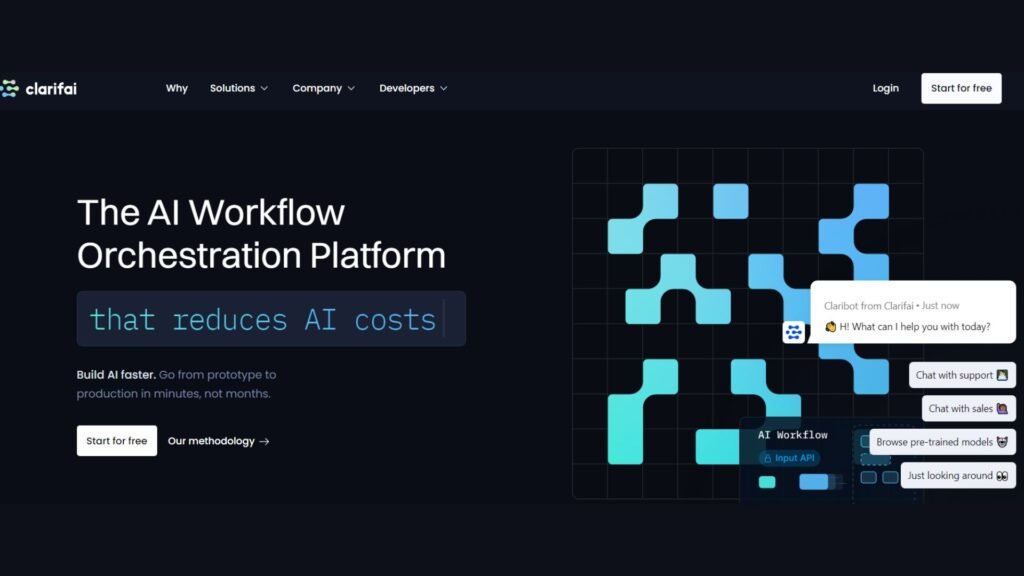
Google Cloud Vision and Clarifai provide advanced image and video analysis capabilities that allow businesses to understand how their products or brands are being visually represented on social media.
These tools can recognize objects, logos, and even the context within images, providing valuable insights into brand presence and customer perception.
This information is crucial for tailoring marketing campaigns to better align with audience interests and trends.
8. Automated Content Creation Tools:
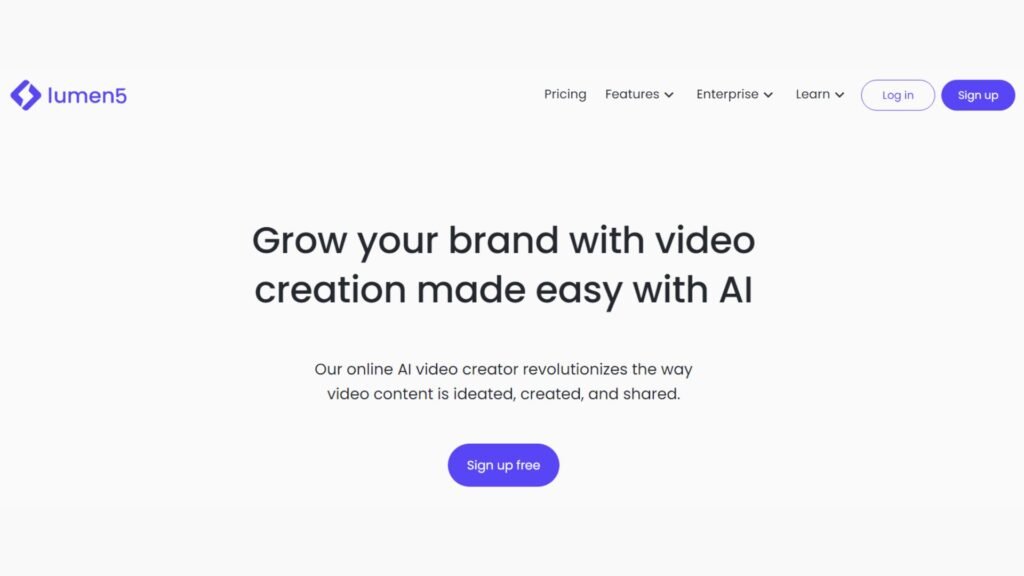
Lumen5 and Wordsmith are AI-driven platforms that automate the creation of engaging content for social media. Lumen5 converts blog posts or pages into compelling video content, while Wordsmith generates narrative content from data.
These tools that are Automated content creation with AI are designed to help marketers produce high-quality content quickly, ensuring a consistent presence on social media that is both informative and appealing to the audience.
9. Customer Data Platforms (CDPs):
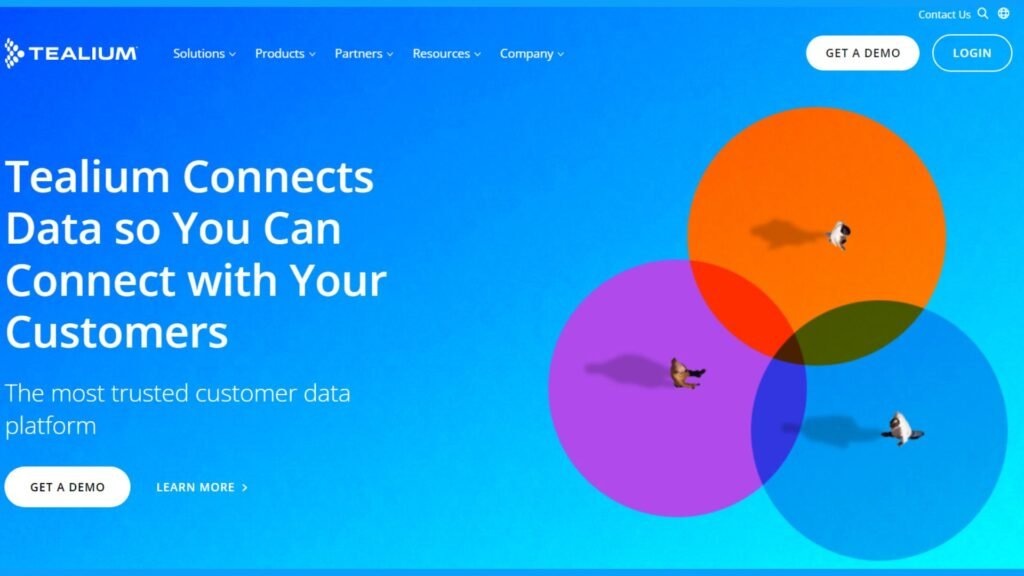
Segment and Tealium are examples of CDPs that integrate AI to collect, organize, and manage customer data across various touchpoints.
These platforms provide a unified customer view that helps marketers deliver more coherent and targeted marketing messages.
AI in these platforms segments audiences, predicts customer needs, and orchestrates personalized experiences, enhancing engagement and retention.
Conclusion
AI tools are integral to enhancing conversational marketing strategies on social media, providing automation, personalization, and deep insights into customer preferences and behaviors.
As AI technology evolves, its integration with social media marketing will enhance user experiences, deepen customer relationships, and boost business success.
FAQs
1. Can voice-activated AI integrate seamlessly with all social media platforms?
While not all social media platforms fully support voice-activated AI, many increasingly accommodate voice interactions through compatible devices and apps, enhancing accessibility and engagement.
2. What is the significance of sentiment analysis in social media marketing?
Sentiment analysis tools assess the emotional tone of user comments and feedback, allowing marketers to understand customer sentiments more deeply.
This insight helps in tailoring communications and resolving issues more effectively, thereby improving brand perception.
3. What type of predictive analytics tools are used in conversational marketing, and what are their benefits?
Tools like Salesforce Einstein forecast customer behaviors based on past interactions, allowing marketers to anticipate needs and tailor communications, thereby improving satisfaction and conversion rates.
4. How do image and video recognition contribute to marketing strategies on social media?
Image and video recognition tools analyze how products are visually shared and discussed on social media.
This analysis provides valuable insights that help brands engage in more meaningful conversations and tailor their marketing strategies based on visual content trends.
5. Are there any challenges or drawbacks to implementing AI in conversational marketing on social media?
Implementing AI in Conversational marketing on social media can present challenges, including the initial setup cost, the need for continuous training of AI systems to understand nuances, and managing customer privacy concerns.
However, with proper management, these challenges can be mitigated to fully leverage AI’s benefits in conversational marketing strategies.
Written by Sarah Joshi from Socinova. The images have copyrights from their respective sources.

